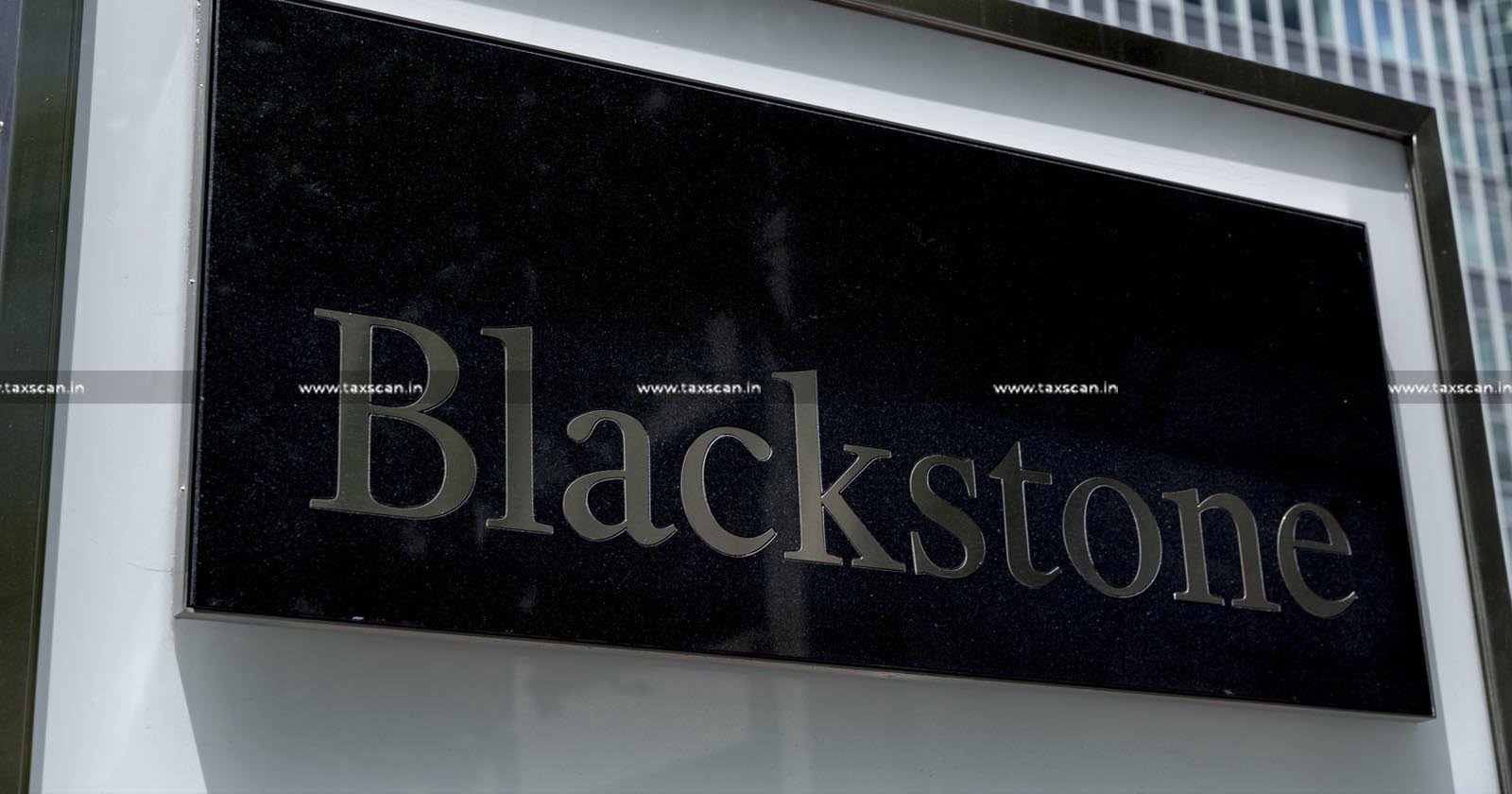Taxability of Capital Gains under India-Singapore DTAA: SC issues Notice to Blackstone Capital Partners Singapore [Read Judgement]
In a possible backlash to Blackstone, the Supreme Court has issued Notice in Revenue Appeal against Delhi HC decision regarding taxability of Capital Gains from sale of shares under India-Singapore DTAA

India Singapore DTAA – Supreme Court – Blackstone Capital Partners Singapore – SC Notice – Blackstone – taxscan
India Singapore DTAA – Supreme Court – Blackstone Capital Partners Singapore – SC Notice – Blackstone – taxscan
The Supreme Court Bench of Justice Pamidighantam Sri Narasimha and Justice Aravind Kumar has issued notice to Blackstone Capital Partners Singapore, in revenue appeal against the Delhi High Court decision that quashed proceedings and reassessment on capital gains, considering the India-Singapore Double Taxation Avoidance Agreement (DTAA).
Blackstone is one of the world's largest alternative asset managers, serving institutional and individual investors.
The Delhi High Court had ruled in favour of Blackstone Capital Partners, that there is no capital gain earned by the petitioner liable to tax in India in the matter before them.
The core issue that came up for consideration in the present writ petition filed by the aggrieved petitioner-assessee was whether the respondent-revenue can go behind the tax residency certificate issued by the other tax jurisdiction and issue reassessment notice under Section 147 of the Income Tax Act, 1961 to determine issues of residence status, treaty eligibility and legal ownership.
The petitioner claimed that the gains earned by it on sale of Agile shares were not taxable in India by virtue of Article 13(4) of the Double Tax Avoidance Agreement entered into and subsisting between India and Singapore (India-Singapore DTAA) based on the Tax Residency Certificate (TRC). In its return of income, the petitioner made all the requisite disclosures with regard to the investment and sale of shares like the petitioner is a non-resident in India and majority of its Directors were residents of Singapore.
Porus F. Kaka, senior counsel for the petitioner had submitted that the reasons to reopen the assessment were erroneous, contrary to law inasmuch as no reasonable person properly instructed in law could have entertained a belief that income had escaped assessment. He also stated that no new tangible material/fact had been disclosed by the respondent in the reasons to show any escapement of income.
Sunil Agarwal, standing counsel for the respondent-revenue stated that the present case is a case of re-opening of Section 143(1) assessment within four years. Consequently, according to him, no fresh tangible material was required to re-open the assessment. He submitted that the only condition that had to be satisfied was that the satisfaction was not a pretense or a sham.
He emphasized that, in the present case, the ultimate holding company is in the USA and that India-USA DTAA does not provide for capital gains tax exemption.
It was observed earlier by the Delhi High Court Division Bench of Justice Manmohan and Justice Manmeet Pritam Singh Arora, the respondent-revenue cannot go behind the TRC issued by the other tax jurisdiction as the same is sufficient evidence to claim treaty eligibility, residence status, legal ownership and held that no income chargeable to tax has escaped assessment in the present case.
To Read the full text of the Order CLICK HERE
Support our journalism by subscribing to Taxscanpremium. Follow us on Telegram for quick updates


